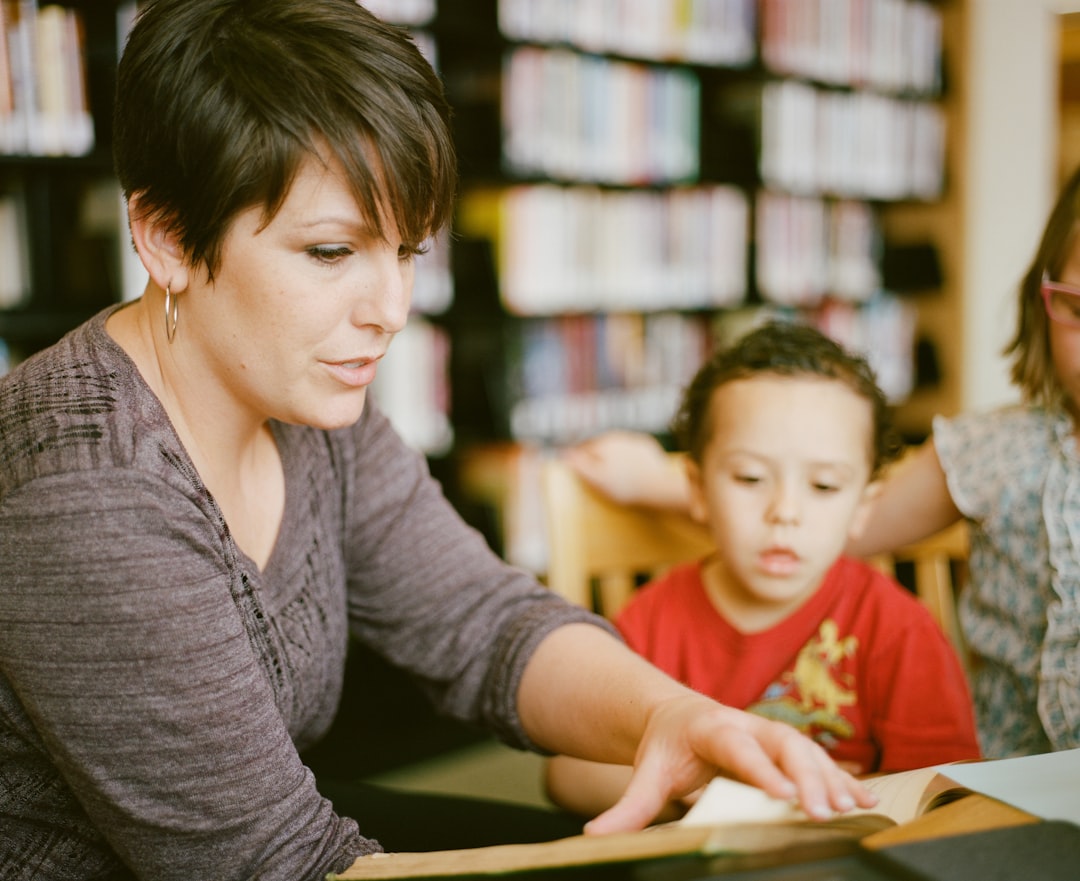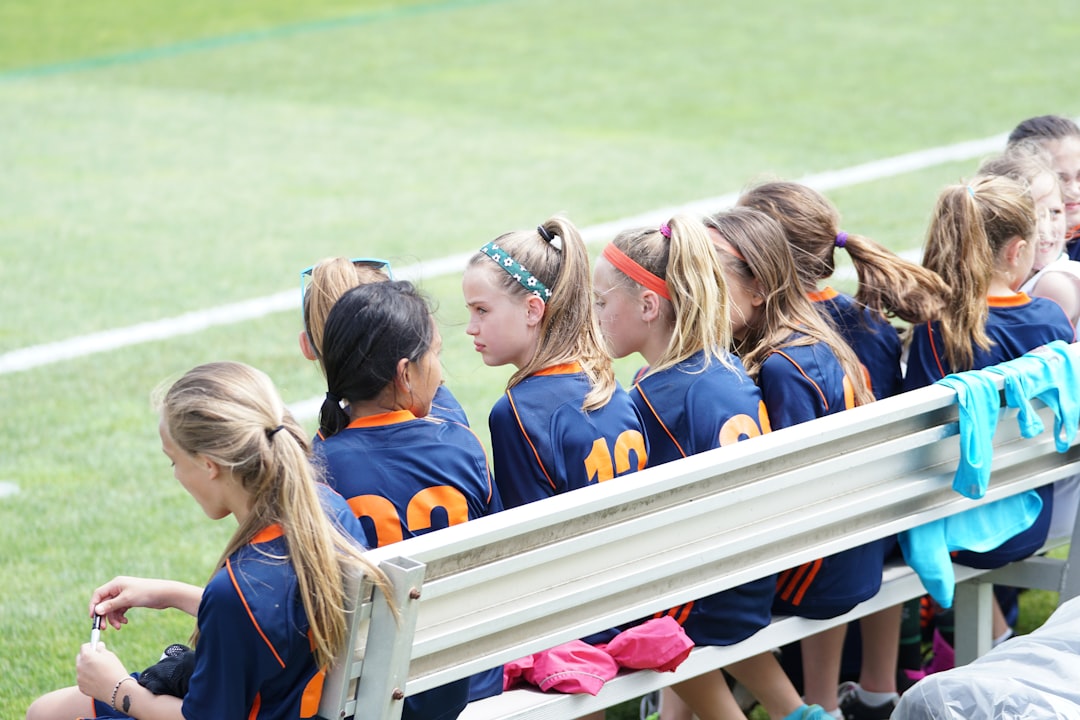Stages of Development in Children
The content on this site is for informational or educational purposes only, and does not substitute professional medical advice or consultations with healthcare professionals.
As parents, it's important to understand the stages of development in children. Knowing what to expect can help you provide the right environment and support for your child's growth. Here are the key stages of development:
Infancy (0-2 years)
During this stage, babies are rapidly developing their physical and cognitive abilities. They begin to learn about the world through their senses and develop basic motor skills like crawling, rolling over, and eventually walking. They also start to understand cause and effect and begin to communicate through crying, babbling, and eventually speaking.

Toddlerhood (2-3 years)
Toddlers continue to develop their physical abilities and become more independent. They start to walk and run with more confidence and can use their hands to manipulate objects. They also develop a sense of self and begin to assert their independence. They may start to use simple sentences and understand basic instructions.

Preschool (3-5 years)
During this stage, children continue to develop their physical abilities and become more coordinated. They also start to develop more complex language skills and can have conversations with others. They begin to understand concepts like time, numbers, and letters. They also start to develop social skills and learn how to interact with others.

Elementary School (6-11 years)
Children in this stage continue to develop their physical abilities and become more skilled in sports and other activities. They also develop more advanced language skills and can read and write. They start to develop a sense of identity and may become more interested in hobbies and activities. They also start to develop more complex social skills and learn how to navigate relationships with peers.

Adolescence (12-18 years)
During adolescence, children go through significant physical, emotional, and cognitive changes. They experience puberty and develop more advanced physical abilities. They also start to develop more complex emotions and may experience mood swings. They continue to develop their language skills and can think more abstractly. They also start to develop their own values and beliefs and may become more independent from their parents.

Conclusion
Understanding the stages of development in children can help parents provide the right support and environment for their child's growth. By knowing what to expect, parents can help their child develop the skills and abilities they need to succeed in life.